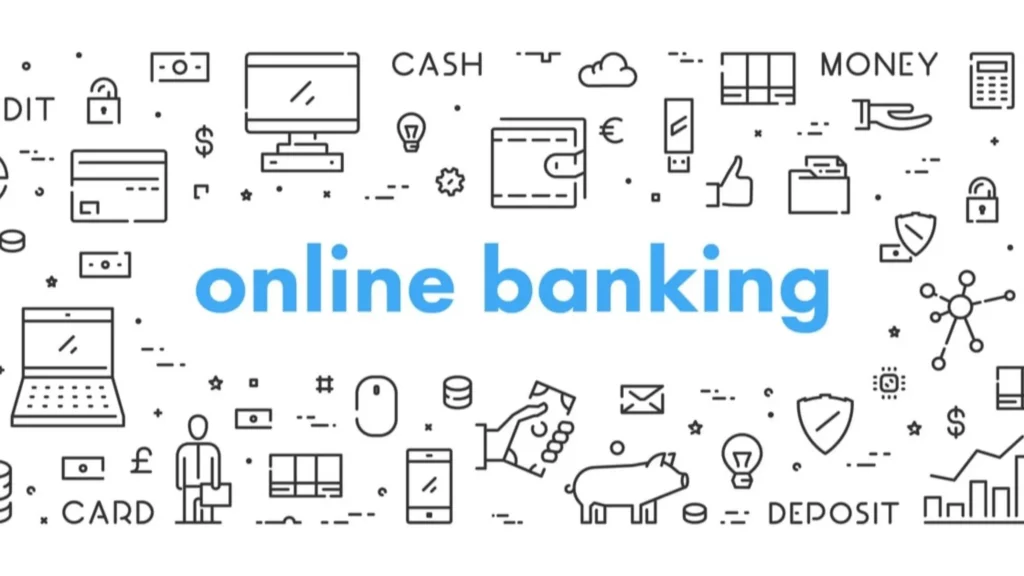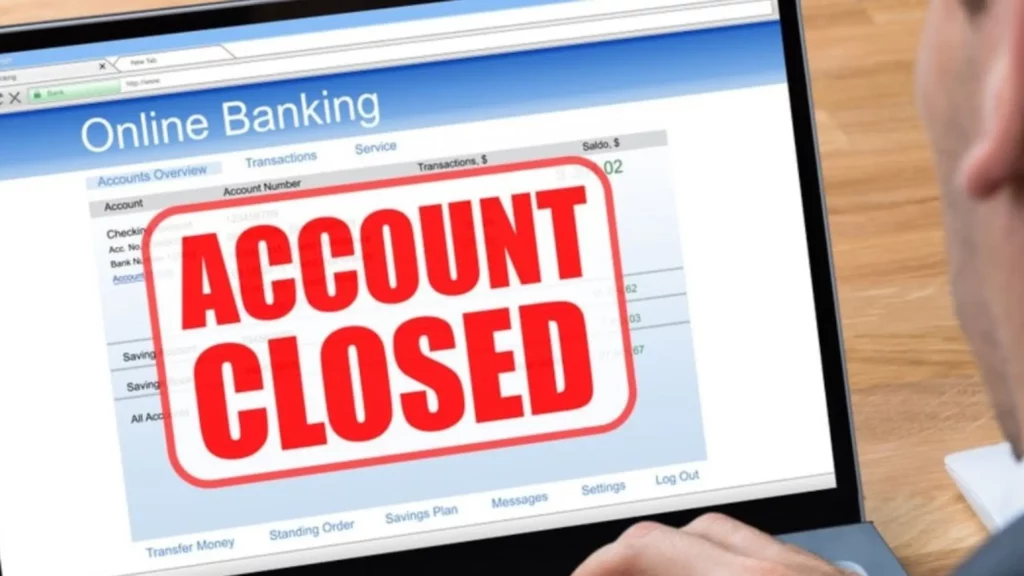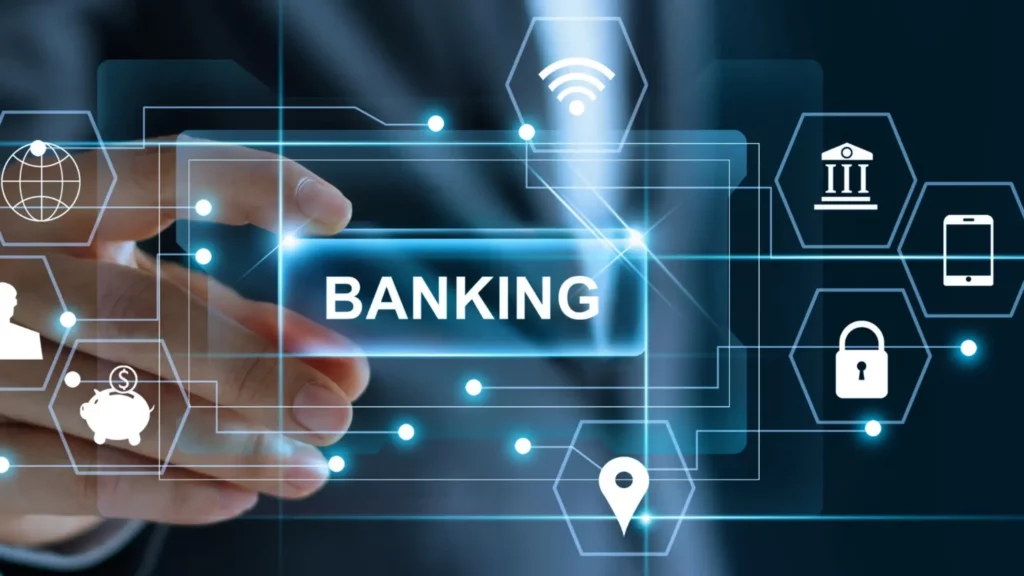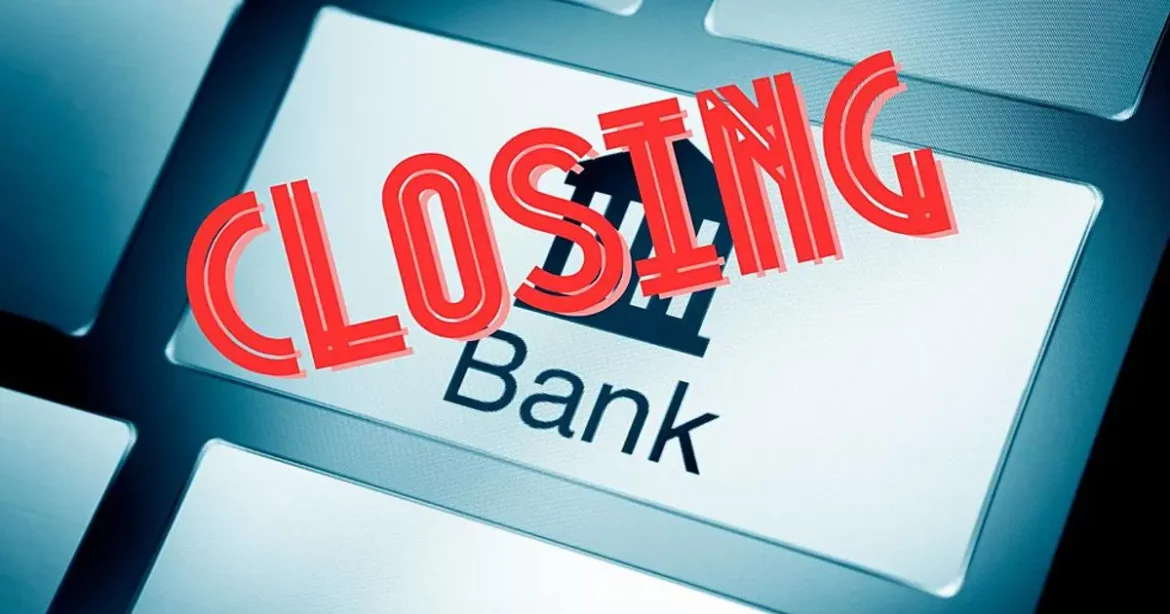oreoverBanking is an essential part of our lives, as it enables us to manage our money, pay our bills, save for our goals, and access credit. However, banking is also undergoing significant changes and challenges as technology, regulation, and competition transform the sector. This article will explore why banks are closing accounts and branches, what the impacts and implications of these closures are, and what the roles and responsibilities of customers, regulators, and banks are in shaping the future of banking.
The rise of online banking

Banks are closing accounts and offices because of online banking. Many customers are using digital tools to manage their money, so they do not need real sites and services. The Financial Conduct Authority says that banks closed more than 1,000 accounts every day in 2021–22, up from 45,000 accounts in 2016–17. The number of branch closures is also going up, with Lloyds and Halifax saying that they will close 40 more sites this year because fewer people are coming.
Online banking is easy, fast, and safe for users, who can use their money anytime and anywhere. It also saves money for banks, which do not have to pay for rent, staff, or maintenance. But online banking also has some problems, such as hacking, scams, and identity theft. Banks need to invest in good technology and security systems to keep their customers’ information and money safe.
The effect of debanking

Banks are stopping accounts for some customers or industries. This is called debanking. Banks do this because they are afraid of legal or social problems. Banks may close the accounts of people or groups that are seen as weak, bad, or risky.
Debanking is when banks close or limit the accounts of some customers, usually for reasons related to rules, dangers, or fame. Debanking can hurt those who face it, as they may lose the chance to use important financial services and have trouble doing personal or business things. Also, debanking can make financial fairness and safety worse, as it may make some customers use other or private ways that are less checked and clear.
The future of banking

Banks need to balance the benefits of online banking with the costs of debanking and ensure that they provide open and clear services to all their users. Banks also need to develop and provide new goods and services that meet the needs of the digital age, such as mobile payments, robo-advisors, and cryptocurrency. Moreover, banks that can accept these changes and offer value to their customers will survive and grow in the long run.
The role of customers
Customers are very important for banking. They can choose and change their banking companies. They can share what they think and feel in different ways, such as through social media, online reviews, and polls. These ways can help customers express their problems and wants and make banking services better and newer. Customers can also go to different banks or fintech sites that have better services and rates.
Banking is important, but it can be hard to understand. Therefore, you need to know your rights and duties as a customer. First of all, you need to choose what you want and what is good for you. Then, you need to read the rules and details of your accounts and services. Moreover, you need to be careful when you use internet banking. For example, you need to protect your personal and financial information. Also, you need to tell your bank if something is wrong or strange. Finally, you can also help people and the planet by picking banks that do fair and good things. In other words, you can use your money to support causes and projects that you care about.
The role of regulators
Regulators want to help people have fair, safe, and new financial services. They also want to protect the rights and interests of customers. But regulating the banking sector is hard, as it changes and grows a lot because of technology and trade. So, regulators need to stay updated and ready for changes and developments in the field. They also need to work with other groups, such as banks, fintechs, users, and foreign groups, to share information and best practices.
Regulators can change banking for the better or worse as they make the rules for banks. For example, regulators can make some practices or products easier or harder, such as debanking or cryptocurrencies, by making the rules stricter or looser. Thus, regulators can help or hurt innovation and competition by making it easier or harder for banks or fintechs to start or stop their businesses.
The role of banks
Banks are very important for banking. They can change banking for the better. To do so, they need to do what their customers and the government want. They also need to use technology to make their services and processes better. However, they also need to be careful of the problems and dangers of online banking and debanking. Therefore, they need to follow the rules and laws of banking.
In addition, banks can make a big difference in banking. They can offer many financial services and products to their users. Moreover, they can also create or destroy value for their customers, shareholders, and society. For this reason, they need to care about money, people, and environmental goals.
If you want to know about Buc-ee’s let’s delve into this article.
Conclusion
Banking is a busy and hard industry that affects many people and companies. The closing of accounts and offices is one of the signs of the changes and problems that the sector has. Online banking and debanking are two of the big reasons for these closures, as they show the wants and dangers of customers and authorities. Customers, authorities, and banks have different jobs and duties in shaping the future of banking, and they need to work together and talk to make sure that banking is fair, open, safe, and new.
FAQs
Q1: Will all banks finally close their real branches?
As the industry changes, some traditional banks may choose to close physical offices, but others may opt for a mixed model, mixing digital and physical banking services.
Q2: How can I ensure the protection of my online banking transactions?
To improve security, use strong and unique passwords, allow multi-factor authentication, and avoid viewing your accounts on public Wi-Fi networks.
Q3: What benefits do digital banks offer over regular banks?
Digital banks often provide lower costs, higher interest rates on savings accounts, and user-friendly mobile apps for smooth banking experiences.
Q4: Can I still get personalized help with online banking?
Yes, many internet banks give customer help through chat, email, or phone, giving personalized assistance to account users.
Q5: How can I find a trustworthy area bank or credit union?
Research online reviews and scores, visit their websites, and ask about their offers to find a local financial company that fits with your wants and values.

